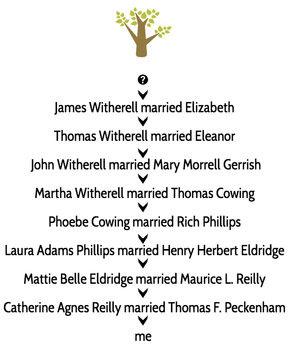 I had been poking around the Witherell branch of our family tree for days, hoping to unearth some clue that would link my ancestor James Witherell back to the Witherell family in Scituate, Massachusetts. James Witherell first appears in the public record in 1723, with no record of who his parents were. If he had descended from the Mayflower passenger Stephen Hopkins whose great-granddaughter married a Witherell in 1696, then my ancestral line would be tied to an important historical figure. I could not find any reliable record of who James' parents were but as I combed through the details I found that James had served on a military expedition to Lake Winnipesauke in 1723. That expedition, it turns out, was part of one of most violent periods of colonial history, marked by violent attacks by French priests and local Abenaki Indians on the English settlers, who fought back aggressively from their heavily fortified homes near the Maine coast and along the Merrimack River. Indian raids of settlers came in waves beginning in the 1690s on settlements from York, Maine to Dover, New Hampshire and Haverhill, Massachusetts, You can find many bone-chilling stories of men, women and children murdered or kidnapped, then forced to walk to Canada where they were sold by their captors in French Quebec. James Witherell appeared in Dover, New Hampshire in 1723, when tensions in the region were high. He would have been 18 that year, old enough to volunteer with the militia being formed by noted Indian hunter, Captain John Lovewell. Lovewell, of Dunstable, New Hampshire, had lived all his life in a garrison under threat of attack. As a youth, he developed expert hunting and tracking skills and used them to fight the Native Americans who threatened their settlement. Once the Massachusetts General Assembly offered to one hundred pounds for each Indian scalp, the promise financial gain led to more aggressive attacks. Lovewell and a few men attacked and killed seven Native Americans as they slept by their campfire. Several months later, in September 1724, two men who worked in his saw mill were kidnapped in a raid by French officers and Caughnawaga Indians and a posse of eleven men went after them. Ambushed at the Merrimack River, ten of the militia lost their lives. "Of worthy Captain Lovewell, I propose now to sing, Lovewell petitioned the Massachusetts General Court to allow him to assemble a militia to go after the raiders who had killed so many of his men. The court agreed to pay each man two shillings and six pence, along with the one hundred pound bounty per scalp. James Witherell would have been one of 30 men handpicked by Lovegood to join the first expedition to Lake Winnipesaukee in December 1724. Lovegood recruited fighters from throughout Massachusetts, with volunteers from towns north and west of Boston, from Groton, Lancaster, Billerica and Haverhill, as well as some men from Dunstable. James Witherell, whom history has not yet connected to his parentage, could have hailed from any of these towns. The men trekked north on snowshoes over deep snow from Dunstable to Lake Winnipesaukee, then another forty miles northwest. With supplies dwindling, they came across two Native Americans sleeping, killed the man and scalped him, then took a boy captive, to be sold as a slave. With money for the scalp and slave, Lovewell embarked a month later on a second mission to Lake Winnipesauke, this time with 87 men. Thirty men had to be sent home once provisions were depleted and, after three weeks of hunting, the militia encountered an encampment where Lovewell led them in a nighttime attack. An early account says the strike was preemptive as the Native Americans had marched from Canada carrying new weapons supplied by the French to launch an attack on the English settlers. In the incursion, Lovewell and his men took 10 scalps that they stretched on hoops and mounted on poles, marching triumphantly through Dover, New Hampshire and on to Boston, where they received one thousand pounds. James Witherell’s name does not appear in any of the accounts of this raid, or a battle two months later in Pigwacket, when Lovewell lost his life. James Witherell apparently settled in Dover, where he married by 1729. He was granted common land in 1733 and practiced the trade of cordswainer, making boots, and later sold seven acres of land in the Concheco Falls to a leather tanner he likely knew. In 1740 he was served again in a training militia, the 2nd Foot Company of Dover. He had three children and his grandson, John, ended up in Lebanon, Maine, from where he served in American Revolution as a sergeant in Captain John Goodwin’s Co., under the command of Major David Littlefield, in the disastrous Penobscot Expedition. John’s daughter, Martha, married Thomas Cowing, and the two of them moved to Dedham, Maine, where their eternal graves now sit on this hill. Martha’s mother, Mary Morrill Gerrish, has her own interesting line to pursue, taking us back to Dover, New Hampshire in the late 1600s. Stay tuned. References
The original account of Capt. John Lovewell's "great fight" with the Indians at Pequawket, May 8, 1725 by Symmes, Thomas, 1678-1725; Bouton, Nathaniel, 1799-1878. The Scalp Hunters: Abenaki Ambush at Lovewell Pond, 1725, by Alfred E. Kayworth and Raymond G. Potvin. History of Nashua, New Hampshire, Part II, from the First Settlement to 1702. Notable Events in the History of Dover, New Hampshire: From the First Settlers in 1623 to 1865, by George Wadleigh. Colonial Wars of North America, 1512-1763 (Routledge Revivals): An EncyclopediaBy Alan Gallay History and genealogy of the Witherell/Wetherell/Witherill family of New England : some descendants of Rev. William Witherell (ca. 1600-1684) of Scituate, Plymouth Colony, and William Witherell (ca. 1627-1691) of Taunton, Plymouth Colony by Witherell, Peter Charles, 1943-; Witherell, Edwin Ralph, 1943- joint author History of Middlesex County, Massachusetts: With Biographical Sketches of Many of Its Pioneers and Prominent Men, Volume 1
3 Comments
Larry Witherell
7/12/2018 02:26:30 pm
I descend from John who married Sally Gerrish and would be very interested in any Witherell who may want to join our Y-DNA project. We have proven that the line of James of Dover isn't connection to Rev. William Witherell of Scituate or William Witherell of Taunton (the cabin boy). I currently have two other same surnames that are connected by Y-DNA to me and would like to obtain a few more individuals from this line.
Reply
Roger Wittum
12/4/2020 01:15:06 pm
Hello. My 5th great grandfather was Witherell Wittum (?1707 - 1784). He and his wife Jemima Hayward were from Bridgewater, MA, but were married in Easton, MA. 1733. As you're probably aware, it was common in those times to name particularly the first son after the mother's maiden surname. Do you know of any Witherells who married a Wittum?
Reply
Larry Witherell
12/5/2020 06:16:22 am
Hi Roger - Haven't run across any Witherel connections to your Wittum parental line. I've done autosomal dna testing, however it is only good back to 4-5 generations. I have a related cousin from our Witherel line back 4 generations who doesn't show up on dna matching. From Y-DNA testing, I do know that my line isn't connected to Rev. William Wetherell nor to the William Wetherell who is the cabin boy. Leave a Reply. |
Names of My AncestorsPuritans & Servants Archives
February 2019
Categories |
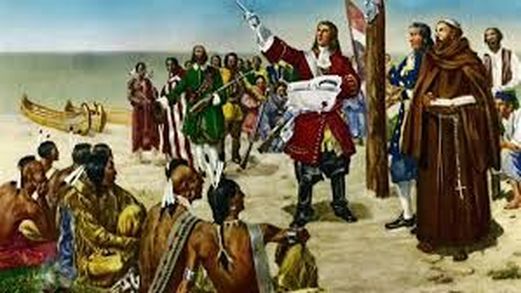
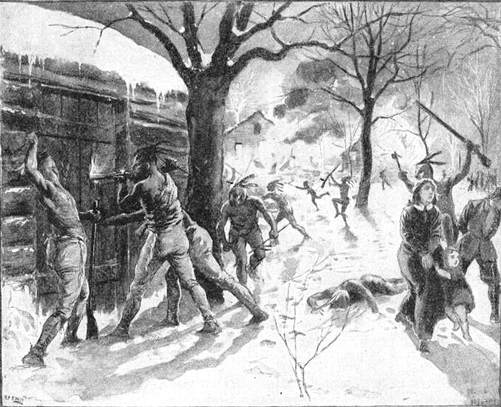

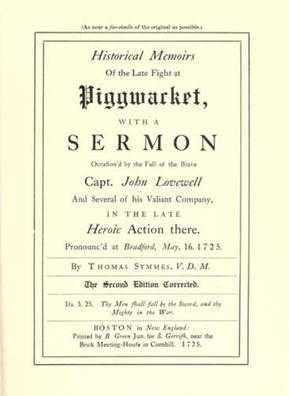
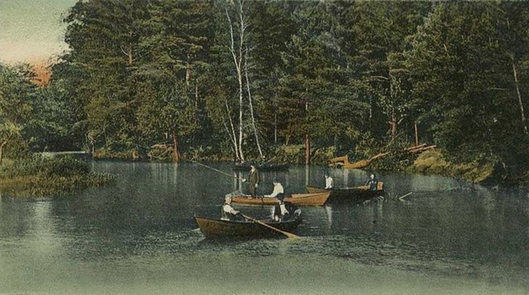
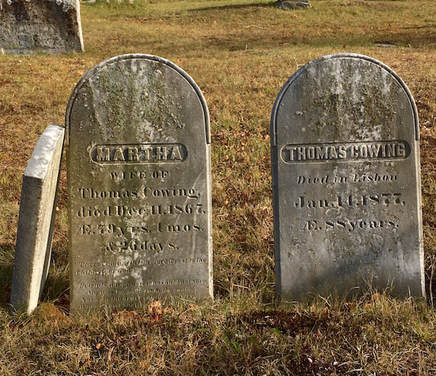
 RSS Feed
RSS Feed
